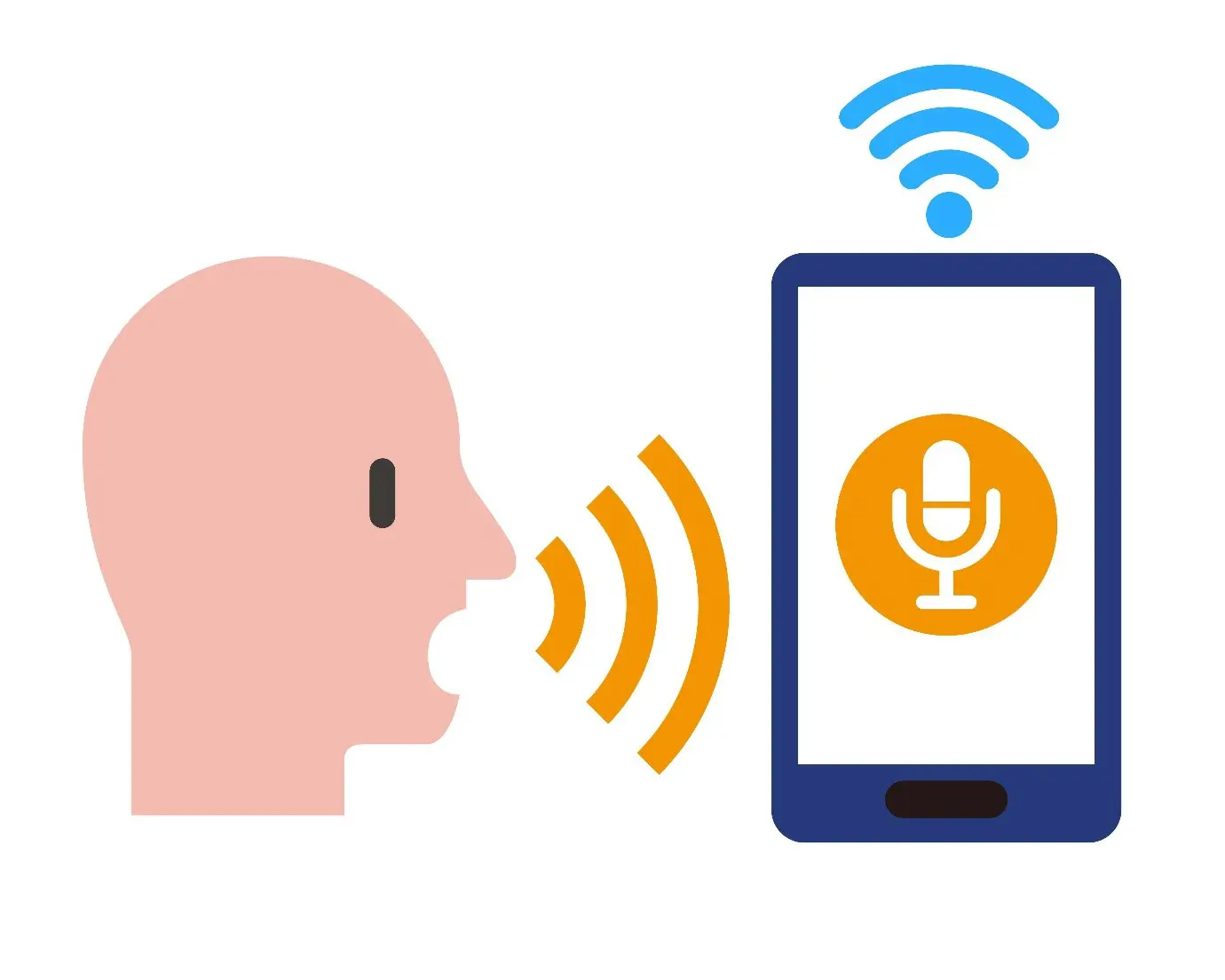Voice Recognition
Voice recognition technologies allow users to shift the input focus from the keyboard to the microphone, thus alleviating hand usage and strain. Such software is used to transcribe someone’s speech, word for word. Voice recognition software can be used successfully if the RSI sufferer is writing a lot of documents or doing a repetitive but relatively simple computer task. Voice recognition is not very successful for programming or network administration tasks, as they require advanced manipulation of various software packages not easily commandable by voice.
If you believe voice recognition can help you then don't buy a product until you have tried out the ones that are available in the Adaptive Technology Lab. Speech Recognition is not right for every one. Some people get voice problems from it, or don't have the commitment to really get it working well. So, try it for free first.
Try to get somebody else to buy the speech recognition equipment for you -- your advisor, your employer, etc. Don't think of this as a one time investment that you can afford: every year the technology gets better, and you'll want newer faster computers with better software, so if you can get somebody else to pay, you'll be happier.
Some people get voice problems while using speech recognition. A speech therapist recommended drinking hot decaf tea with honey (caffeine makes you urinate and dries you out). It is possible to develop vocal nodules (calluses on your vocal cords) which take a long time to heal; if you have problems while using speech recognition, rest your voice! You might even want to consider seeing a voice trainer or speech therapist. Here is other advice you can try:
-
Before you start a voice recognition session, put a glass of room-temperature water on the desk. Drink often during the session.
-
Gradually increase the length of voice recognition sessions.
-
Stop when/if your throat gets tight. Soreness will quickly follow if you don't.
-
If you experience soreness, stay off voice recognition for a few days or until it's well healed.
-
Start each voice recognition session with some voice and throat exercises. Any singer or actor can recommend their favourites, such as "rolling-R-trills".
-
Don't talk like a robot. Use natural intonations.
-
Don't talk any louder than you normally do. If a “misrecognition” occurs, don't raise your voice when you repeat the word.

